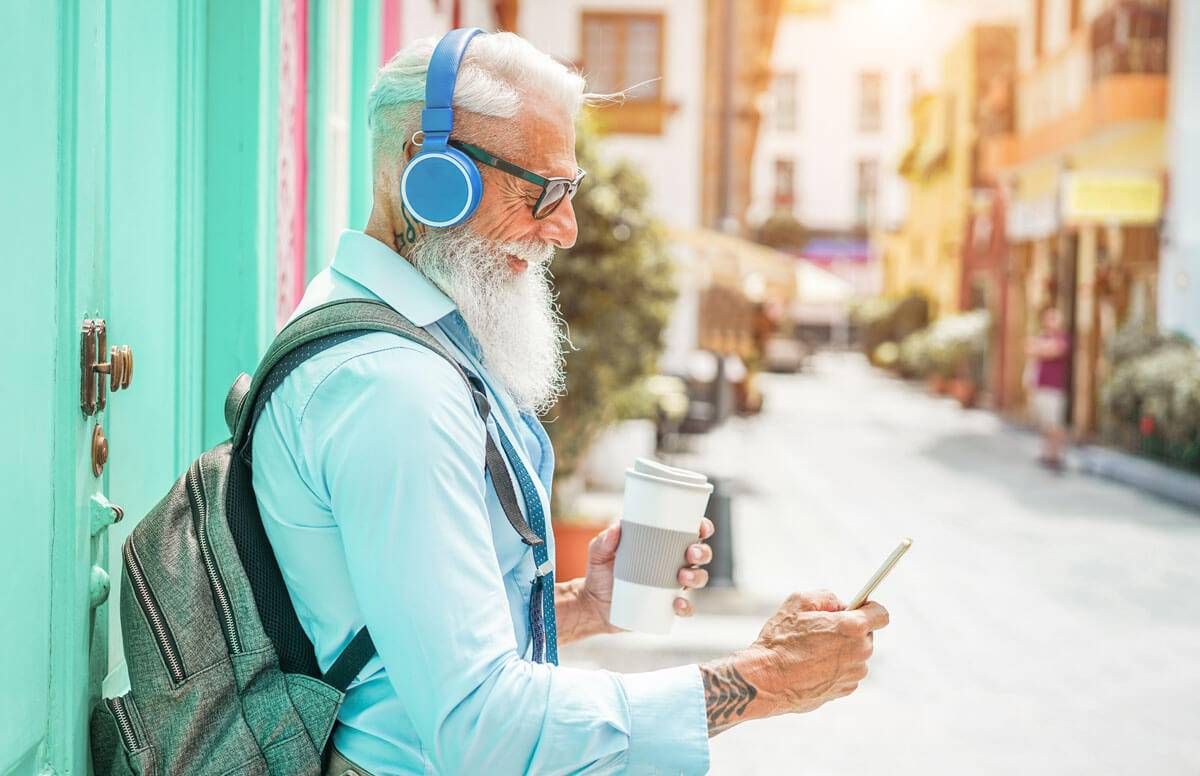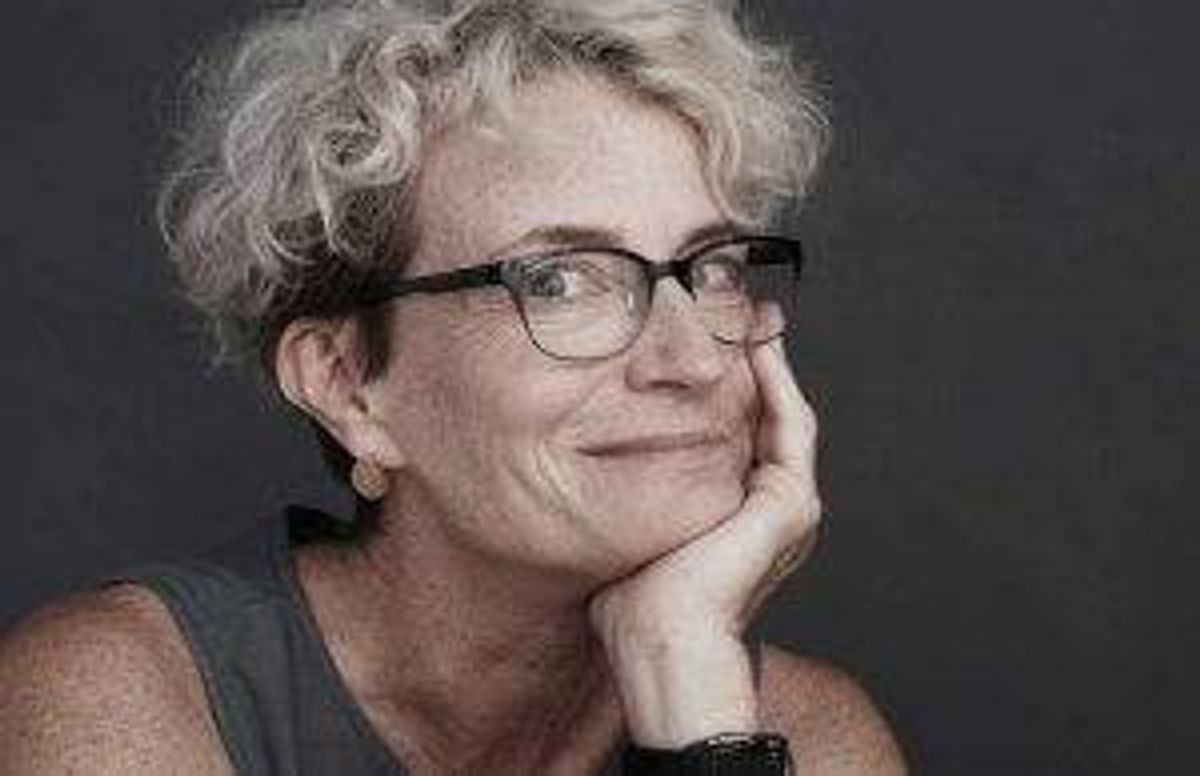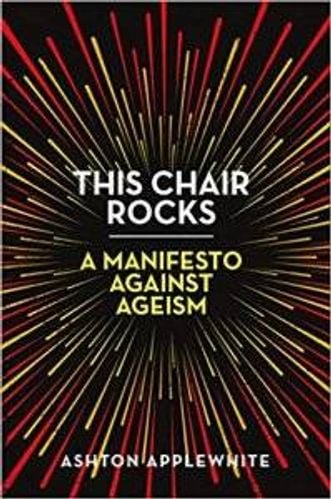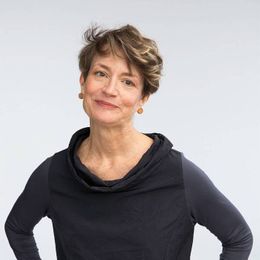Ageism Is Everywhere: It's Time to Stop It
In this book excerpt, Ashton Applewhite takes on language and discrimination
(Editor’s Note: In the introduction to her new book, This Chair Rocks: A Manifesto Against Ageism, Ashton Applewhite, 2016 Next Avenue Influencer of the Year, describes why she’s fighting against ageism system-wide,why she’s inspired to change the discussion around aging and how she hopes to inspire others to do the same. Below is an excerpt of the introduction.)


Like racism and sexism, ageism is not about how we look. It’s about what people in power want our appearance to mean. Ageism occurs when a group, whether politicians or marketers or employment agencies, uses that power to oppress or exploit or silence or simply ignore people who are much younger or significantly older.
We experience ageism any time someone assumes we’re “too old” for something — a task, a relationship, a haircut — instead of finding out who we are and what we’re capable of. Or if someone assumes that we’re “too young.” Ageism cuts both ways, and young people experience a lot of it. That’s what’s going on when people grumble about lazy millennials or complain that “kids are like that.”
Since no one on the planet is getting any younger, let's stop using "aging" as a pejorative.
Now I see ageism everywhere. When old pals cringe at public mention of how long they’ve known each other instead of savoring their shared history. When men and women feel compelled to lie about their age on online dating sites. When people bridle at being kindly offered a seat on the bus. On billboards and television, in hospitals and hotels, over dinner, on the subway. (“At age eighty, who doesn’t need a facelift?” a poster announcing a subway station renovation asks brightly.) In the incessant barrage of messages from every quarter that consigns the no-longer-young to the margins of society. In our mindless absorption of those messages and numb collusion in our own disenfranchisement.
Ageism: The Last Socially Sanctioned Prejudice
I’ve learned that most of what I thought I knew about the aging process was wrong. That staying in the dark serves powerful commercial and political interests that don’t serve mine. And that seeing clearly is healthier and happier. Yet, despite the twentieth century’s unprecedented longevity boom, age bias is only beginning to bleep onto the cultural radar — it’s the last socially sanctioned prejudice.

We know that diversity means including people of different races, genders, abilities and sexual orientation; why is age typically omitted? Racist and sexist comments no longer get a pass, but who even blinks when older people are described as worthless? Or incompetent, or “out of it,” or boring or even repulsive?
Suppose we could see these hurtful stereotypes for what they are — not to mention the external policies and procedures that put the “ism” after “age.”
Suppose we could step off the treadmill of age denial and begin to see how ageism segregates and diminishes our prospects. Catch our breath, then start challenging the discriminatory structures and erroneous beliefs that attempt to shape our aging.
Until then, ageism will pit us against each other; it will rob society of an immense accrual of knowledge and experience and it will poison our futures by framing longer, healthier lives as problems instead of the remarkable achievements and opportunities they represent.
Jettisoning Some Language Around Aging
A good place to start is by jettisoning some language.
“The elderly”? Yuck, partly because I’ve never heard anyone use the word to describe themselves. Also because “elderly” comes paired with “the,” which implies membership in some homogenous group.
“Seniors”? Ugh.
“Elders” works in some cultures but feels alien to me, and I don’t like the way it implies that people deserve respect simply by virtue of their age; children, too, deserve respect.
Since the only unobjectionable term used to describe older people is “older people,” I’ve shortened the term to “olders” and use it, along with “youngers,” as a noun. It’s clear and value-neutral, and it emphasizes that age is a continuum. There is no old/young divide. We’re always older than some people and younger than others.
Since no one on the planet is getting any younger, let’s stop using “aging” as a pejorative — “aging boomers,” for example, as though it were yet another bit of self-indulgence on the part of that pesky generation, or “aging entertainers,” as though their fans were cryogenically preserved.
Although we age in different ways and at different rates, everyone wakes up a day older. Aging is difficult, but few of us opt out, and the passage of time confers very real benefits upon us. By blinding us to those benefits and heightening our fears, ageism makes growing older in America far harder than it has to be.
That’s why I’ve embarked on a crusade to overturn American culture’s dumb and destructive obsession with youth, and challenge the way people at both ends of the age spectrum are devalued and disrespected.
This excerpt from This Chair Rocks: A Manifesto Against Aging (Celadon Books) is reprinted with permission from the author.

In 2022 the United Nations named Ashton one of the Healthy Aging 50: fifty leaders transforming the world to be a better place to grow older. Read More

